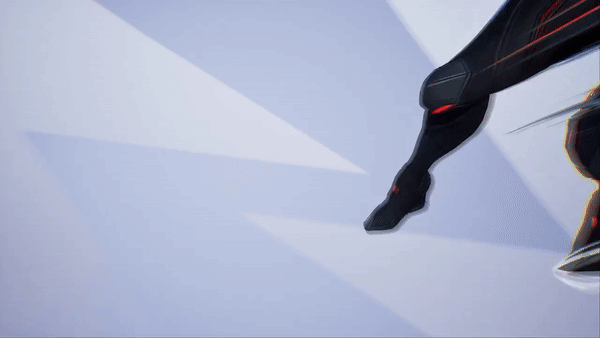Today our son Sam would have been 12. When I originally sat down to write this blog I had plans to make it cheerful or at least upbeat—really. After all, a birthday should be a celebration of life. But...
Today our son Sam would have been 12. When I originally sat down to write this blog I had plans to make it cheerful or at least upbeat—really. After all, a birthday should be a celebration of life. But the truth is…that’s really not where my heart is right now.
The struggle between how you’d like to think and feel—in contrast to the reality of how you think and feel having lost a child so young—is palpable. Bereaved parents don’t want to be “Debbie Downers”; we don’t like feeling sad; but sometimes that’s just our own personal reality. The “new normal” as they say.
Don’t get me wrong. There is a lot to be thankful for and, perhaps even more so than others, bereaved parents are indeed thankful for what we still have—our other children, our spouses, our family, our friends, a very supportive community, an opportunity to do good and make a difference—the list is quite long.
Yet, there remains a hole in our hearts—a hole in our lives—that is not so easy to fill.
Though there are no perfect analogies, I sometimes liken the loss of Sam to a black hole. A black hole is so powerful that nothing—no light, no particles—can escape from inside it. And as you draw nearer to a black hole you at some point cross the Rubicon. I’ll just quote Wikipedia verbatim: “The boundary of the region from which no escape is possible is called the event horizon. Although the event horizon has an enormous effect on the fate and circumstances of an object crossing it, no locally detectable features appear to be observed.” Yep. I can relate to that.
There’s no accounting for when the black hole might start to suck you in. But if and when you approach it, its effects can be devastating. As it tries to pull you in, you start to feel like you’re suffocating. You dread being lost forever in its dark recesses and vast nothingness.
And so you often try to avoid the hole entirely. You occupy your days with work and your nights with activities. You keep your mind busy with “stuff” or “things”.
But in the dim recesses of your mind you know that by avoiding your pain and suffering—by avoiding the Black Hole—you’re unwittingly avoiding your child. You’re avoiding his memory, his life and his love. And so you’re continually drawn to the event horizon.
 You cherish happy memories. You celebrate birthdays and holidays and recall happy thoughts of bygone days. You cling to his old toys and clothes, flip through photographs, and say a little prayer at night asking for a dream with your child in it. You feel that he’s in that hole and you want to go in there and get him, save him, pull him out and bring him back—to be with you again forever and ever.
You cherish happy memories. You celebrate birthdays and holidays and recall happy thoughts of bygone days. You cling to his old toys and clothes, flip through photographs, and say a little prayer at night asking for a dream with your child in it. You feel that he’s in that hole and you want to go in there and get him, save him, pull him out and bring him back—to be with you again forever and ever.
Thus, the life—the event horizon—of a bereaved parent can be exhausting. Our lives look normal—“no locally detectable features appear to be observed”—yet they are really anything but normal. Though bereaved parents are not so unique from anyone else who has lost a loved one—we do not have a monopoly on pain and suffering—the loss of a child does seem to suck just a little more life out of you. Just like I could never imagine what it must have been like to sit in a foxhole in Vietnam or Korea or Iraq and watch my comrades lose their lives and fear for my own, because I myself did not walk in those shoes, we humans all have our own unique pain and suffering to sometimes deal with.
At the end of the day perhaps all we can do is fill our holes with love. Maybe the pain we feel is only so great because the love for whom we lost was so immense. Perhaps we suffer only in direct proportion to the love we felt and shared. And so today we celebrate the memory of a little boy whose happiness, zest for life, hunger for learning and love of others inspires us to this day. Happy Birthday Sammy. We miss and love you very much.















